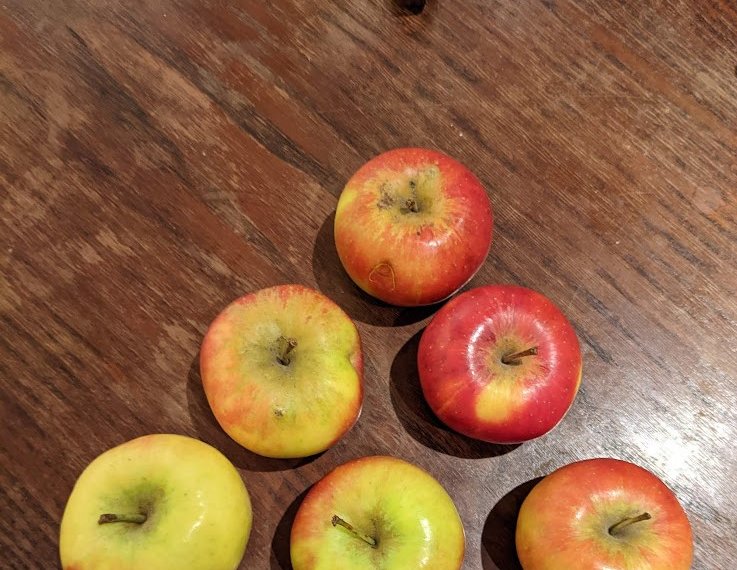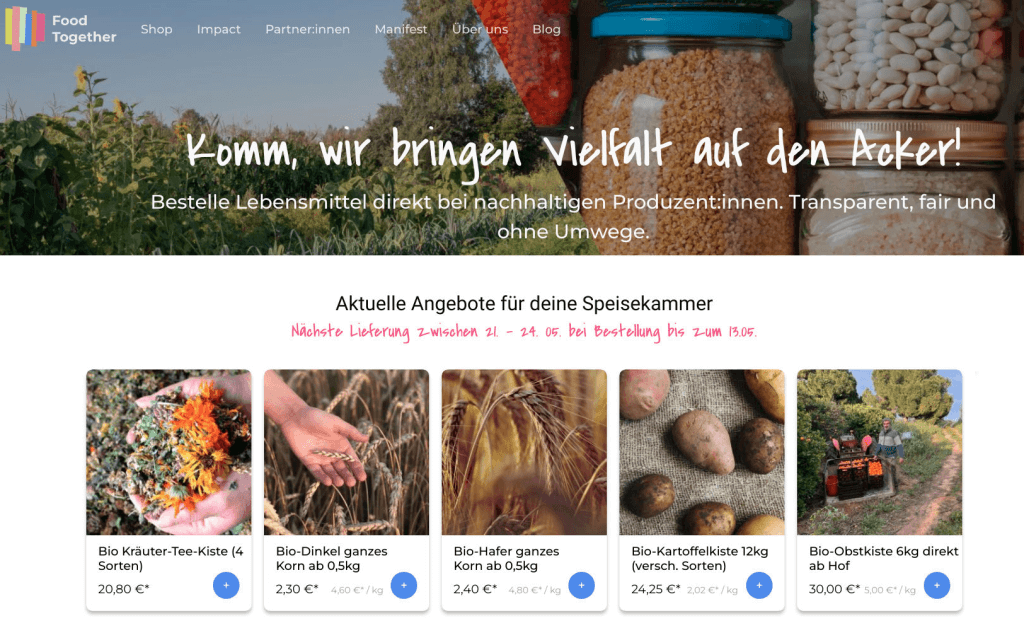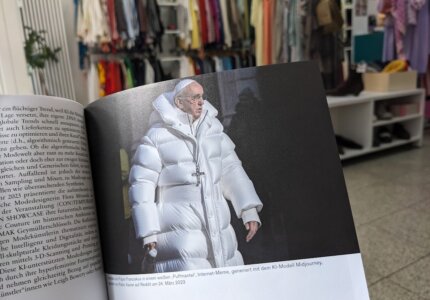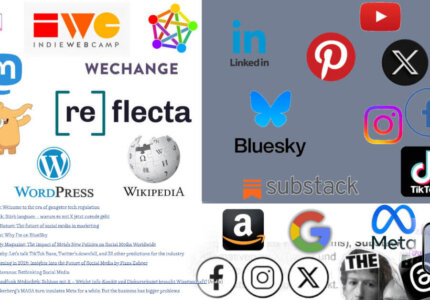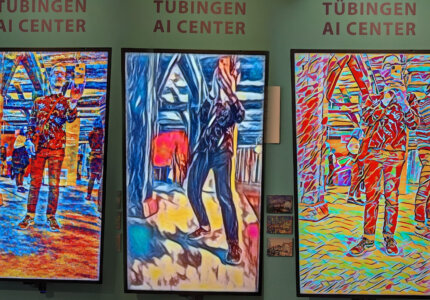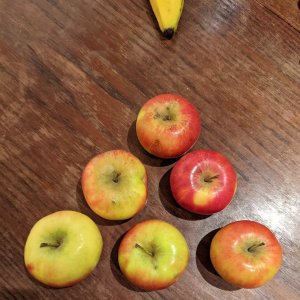 I normally don’t blog about food, but now it has been about time! Although the food and nutrition sector had been one of the first mainstream businesses to cater to the rising environmental concerns since back in the 1980s, I still miss more diversity.
I normally don’t blog about food, but now it has been about time! Although the food and nutrition sector had been one of the first mainstream businesses to cater to the rising environmental concerns since back in the 1980s, I still miss more diversity.
Diversity and Sustainability vs. Greenwashing in Organic Supermarkets
Many people understand diversity and sustainability in other areas of their lives, but they are content with food that has some sort of “eco” label on the packaging, even better with an additional “fairness” bade, and a green “nutri score”. When it even tastes good, what more to ask? Right, better than nothing, but often that’s greenwashing and fraudulent labelling (maybe not in legal terms, but still knowingly misleading their customers). Many official certifications have a lax approach, fairness is hard to verify, and working conditions are often poor, even in Europe.
Old Varieties from Small Businesses often Taste Better!
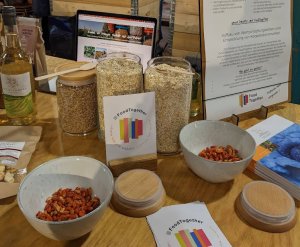 A historic oat flakes tasting turned out a pleasant surprise. The “new old” flakes tasted more aromatic and less sweet than the usual ones, and I learned that even most organic oat flakes are all produced from the same variety — the sweet modern one. Spelt, like, oats, has been bred to taste and behave more like wheat, at least those spelt varieties used on most mainstream products, despite still advertising their “alternative” grain.
A historic oat flakes tasting turned out a pleasant surprise. The “new old” flakes tasted more aromatic and less sweet than the usual ones, and I learned that even most organic oat flakes are all produced from the same variety — the sweet modern one. Spelt, like, oats, has been bred to taste and behave more like wheat, at least those spelt varieties used on most mainstream products, despite still advertising their “alternative” grain.
There are many small farms, run by families or communities, maintaining historic varieties, and still looking a bit like the kind of farms depicted in children’s picture books. But from an economic perspective, unfortunately, it is more rewarding to cater to the masses and produce for large cooperatives and supermarkets.
Direct Distribution of Special Groceries
Direct distribution could be a possible solution to sell their own grain and fruits outside supermarkets. Regional produce also includes caffeine-free “country coffee” (surrogate) made from fresh, coarsely ground, lupins, tasting much better than the dusty instant powder that is usually known as country coffee. International partners can add real coffee, cocoa, and chocolate to the tasty portfolio. Besides, from an aesthetic perspective, I really like the yellow rapeseed fields, but the purplish lupin fields add another wonderful colour to our countryside. That’s nother aspect for a greater variety!
FoodTogether
To prevent unnecessary mini shipments, the online direct distributor FoodTogether schedules bulk orders and offers boxes with alternating contents depending on the season and availability, trying to avoid food waste both on the supplier side as well as in domestic households. At least I feel that getting more special food from individual producers will raise appreciation and make people actually eat everything that they buy. (And if it’s too much to finish, there are still food saving initiatives to donate to.)
What’s my purpose in advertising FoodTogether? Well, I know the people and have been working together with them, maintaining their online shop, and I know that they have been to every supplier’s farm and even worked at some of those farms with their own hands. I tasted a lot their products, including lupin coffee, honey, and oat flakes, and I’m still very enthusiastic about it.
The distribution is focused on farms around Berlin, shipping from Brandenburg, Mecklenburg, and Saxony-Anhalt. But similar distributions are already planned for other regions. Sometimes there are oranges, avocados, and pomegranates from an old farm in Greece available in the shop as well.
Curious? Have a look at the FoodTogether-shop!
FoodTogether is an initiative within the scope of ProjectTogether and part of a movement that will hopefully lead to a further change in farming and eating habits.
